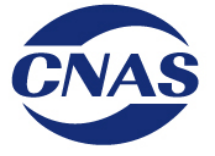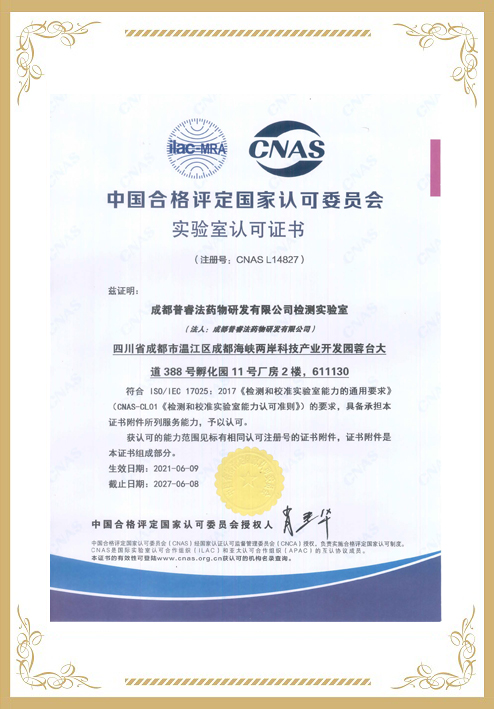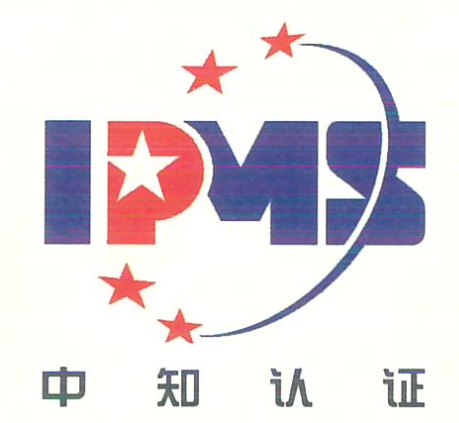Abstract
Herpes simplex virus type 1 (HSV-1) is a ubiquitous and widespread human pathogen, which gives rise to a range of diseases, including cold sores, corneal blindness, and encephalitis. Currently, the use of nucleoside analogs, such as acyclovir and penciclovir, in treating HSV-1 infection often presents limitation due to their side effects and low efficacy for drug-resistance strains. Therefore, new anti-herpetic drugs and strategies should be urgently developed. Here, we reported that baicalein, a naturally derived compound widely used in Asian countries, strongly inhibited HSV-1 replication in several models. Baicalein was effective against the replication of both HSV-1/F and HSV-1/Blue (an acyclovir-resistant strain) in vitro. In the ocular inoculation mice model, baicalein markedly reduced in vivo HSV-1/F replication, receded inflammatory storm and attenuated histological changes in the cornea. Consistently, baicalein was found to reduce the mortality of mice, viral loads both in nose and trigeminal ganglia in HSV-1 intranasal infection model. Moreover, an ex vivo HSV-1-EGFP infection model established in isolated murine epidermal sheets confirmed that baicalein suppressed HSV-1 replication. Further investigations unraveled that dual mechanisms, inactivating viral particles and inhibiting IκB kinase beta (IKK-β) phosphorylation, were involved in the anti-HSV-1 effect of baicalein. Collectively, our findings identified baicalein as a promising therapy candidate against the infection of HSV-1, especially acyclovir-resistant strain.
… 2. Materials and methods. 2.1. Chemicals and reagents. Baicalein was
obtained from Biopurify Phytochemicals Ltd. (Chengdu, China). N-Acetyl-
L-cysteine (NAC) and punicalagin were purchased from Beyotime (Shanghai …























